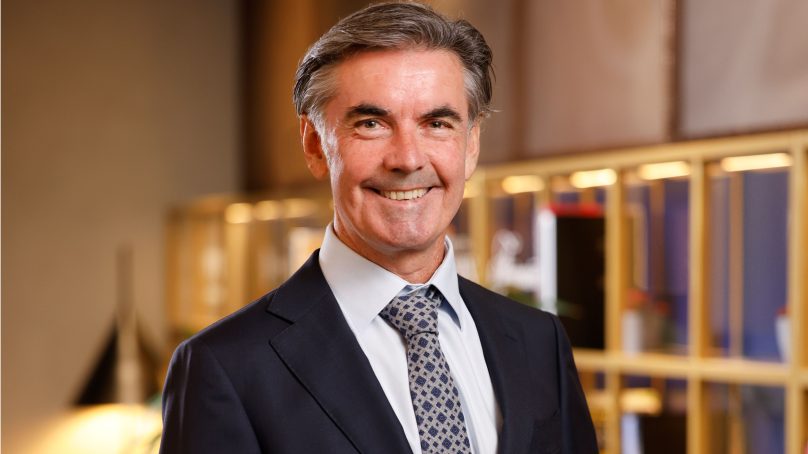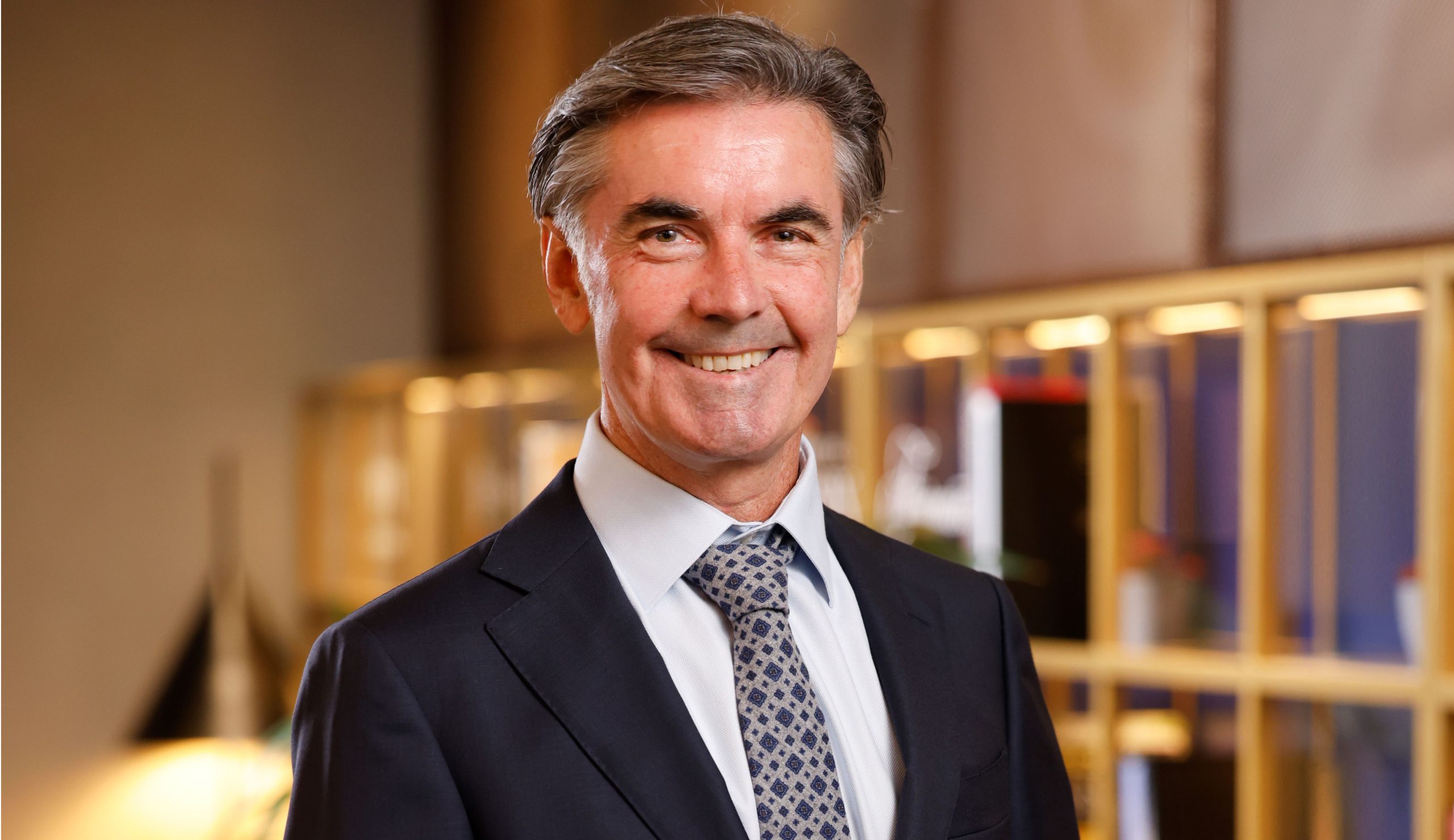We spoke with Paul Stevens, COO of Accor’s premium, midscale and economy division in the Middle East, Africa and Turkey, to find out about the hospitality scene and what’s on the horizon.
How would you describe the hospitality sector in the Middle East?
Last year showed positive signs of market recovery. Accor’s premium, midscale and economy brands in the Middle East and its corporate and MICE segments showed strong signs of recovery. Furthermore, there has been a robust demand for leisure travel. Additionally, religious tourism has further experienced an upswing, particularly in Makkah and Madinah. Notably, many hotels witnessed positive occupancy levels. The Middle East’s hospitality industry is particularly thriving, particularly in KSA and the UAE.
Why is entertainment significant in the hotel offering?
Entertainment enhances the overall experience, thus contributing to guest satisfaction and loyalty. On-property activities, and/or partnerships with local attractions, give a well-rounded entertainment experience that distinguishes a hotel or resort. These also create a positive, lasting impression, fostering guest loyalty in a highly competitive industry. ALL — Accor Live Limitless — further enhances the hotel experience through its lifestyle loyalty program. Guests earn rewards points on stays and dining, redeemable for hotel nights or exclusive experiences.
What makes the United Arab Emirates and Saudi Arabia central to Accor’s growth strategy?
The UAE and KSA are pivotal to Accor’s growth strategy. This is due to their promising prospects in the Middle East’s flourishing hospitality industry.
The UAE, a regional business and leisure hub, exhibits a steady 5 percent RevPAR growth versus 2022, as well as strong Q4 driven by major events like COP28 and a thriving leisure sector.
Saudi Arabia is exhibiting 25 percent RevPAR growth versus 2022, driven by religious tourism in Makkah and Madinah. Additionally, this growth is supported by easier visa facilities opening leisure travel. Aligning with Saudi Vision 2030, Accor is tapping into Saudi Arabia’s ambitious economic diversification plans, positioning itself to thrive in the nation’s journey toward becoming a global economic powerhouse.
Key cities in Saudi Arabia are still experiencing notable expansion, particularly in the premium and extended-stay hotel segments, represented by Accor brands such as Pullman, Swissotel, and Adagio.
Additionally, secondary cities in the region are attracting investments in the midscale and economy categories, such as Novotel and ibis. Religious cities are also showcasing key signings, such as Novotel and Swissotel Rua Madinah, thus indicating that there is potential for further development in these locations. Accor operates 73 properties (24K+ rooms), with eight further properties in the pipeline by 2024. This includes Mercure Dubai Deira, Novotel Thakher City, Novotel Riyadh Sahafa and Novotel and Novotel Living Dhahran.
How is Accor aligning with the national visions for tourism and development in the UAE and KSA?
This is being achieved by capitalizing on growth in key cities, as well as fostering enthusiasm for midscale and economy brands in secondary locations.
For instance, the recently announced partnership with AMSA Hospitality will introduce 18 properties across Saudi Arabia, thereby reinforcing this alignment.
In the UAE, Accor upholds its commitment to sustainability, thus striving for net-zero emissions by 2050.
Furthermore, the School For Change training initiative, launched in 2023, engages GMs and corporate teams in climate change awareness. All properties across the UAE are currently in the process of being third-party eco-label certified. The goal is to achieve 100 percent certification by the end of 2024.
Mövenpick incorporates sustainable certification in brand standards, with over 75 percent of the global portfolio achieving gold or platinum status through Green Globe.
Can you elaborate on Accor’s expansion plans?
Augmented hospitality remains a key focus, with an emphasis on multifaceted and mixed-use development projects. This approach aims to revolutionize the hospitality experience for both locals and travelers alike.
Additionally, the demand for long-term stays continues to rise.
The introduction of the unified GCC visa has facilitated open and hassle-free travel for tourists in the GCC, enhancing our appeal as a destination. Furthermore, we also have a growing demand for midscale residences, notably in markets such as the UAE, KSA and Egypt.
Accor currently operates 224 properties (55.5K rooms), with 69 further properties in the pipeline for the MEAT. Key openings in the pipeline include Novotel Riyadh Sahafa, Novotel Living Dhahran, Mövenpick Hotel & Apartments Ghala Muscat and Swissôtel Corniche Park Towers Doha, as well as the highly anticipated Novotel Residences Makkah in Thakher City, KSA.


















